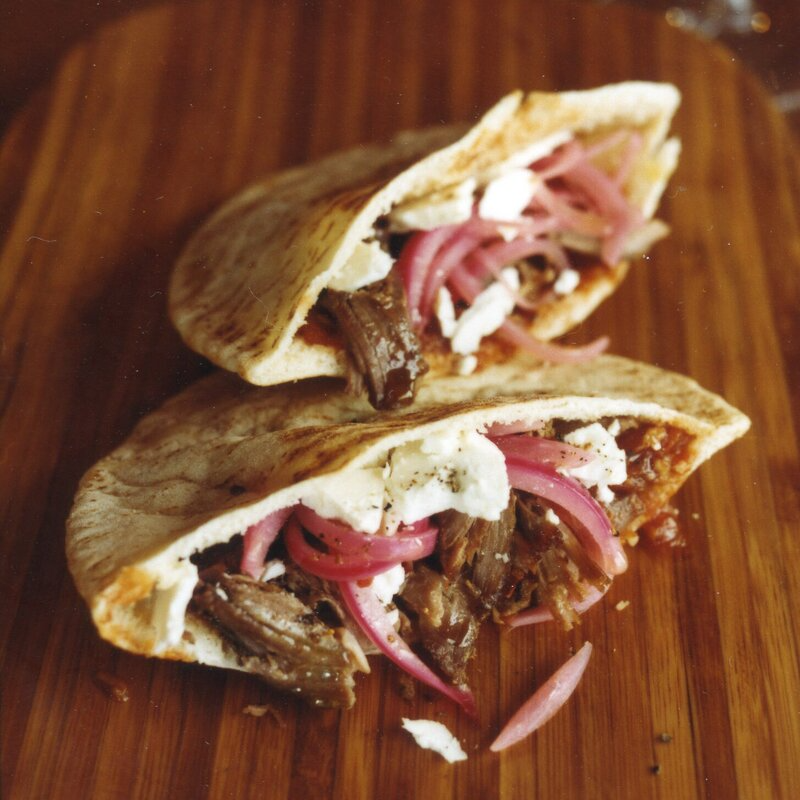Greek Festival
Description: The Greek Festival is a vibrant annual celebration of Greek culture, heritage, and traditions, typically held in many communities across the United States. These festivals bring together people of all backgrounds to enjoy the rich history, delicious cuisine, lively music, and spirited dances that are central to Greek culture. With activities for all ages, the Greek Festival provides a fun and educational experience for the whole family.

Highlights of the Festival
- Authentic Greek Cuisine: One of the main attractions of the Greek Festival is the food. Attendees can savor a variety of traditional Greek dishes, such as gyros, souvlaki, moussaka, spanakopita, and baklava. Food stalls and vendors offer a range of homemade specialties, giving visitors a taste of authentic Greek flavors. Cooking demonstrations are often held to show how these delicious dishes are prepared.
- Live Music and Dancing: The festival features live music performances, often including traditional Greek instruments like the bouzouki and the lyra. Greek folk dancers, dressed in colorful traditional costumes, perform lively dances such as the syrtaki and the kalamatianos. Visitors are often encouraged to join in, creating a fun and interactive cultural experience.
- Cultural Exhibits and Workshops: Cultural exhibits showcase Greek history, art, and traditions. Workshops and presentations provide insights into various aspects of Greek culture, including mythology, language, and religious traditions. These educational components offer a deeper understanding of the rich cultural heritage of Greece.
- Marketplace: The festival’s marketplace, or agora, features vendors selling a variety of Greek goods, including jewelry, clothing, pottery, and religious items. Artisans and crafters display their handmade wares, offering unique souvenirs and gifts.
- Children’s Activities: The Greek Festival is family-friendly, with plenty of activities for children. Kids can enjoy arts and crafts, face painting, games, and storytelling sessions that introduce them to Greek myths and legends. These activities ensure that younger attendees have a memorable and enjoyable experience.
- Church Tours and Religious Services: Many Greek Festivals are hosted by Greek Orthodox churches, and they often include tours of the church and explanations of the religious traditions and practices. Visitors can attend services and learn about the significance of icons, architecture, and liturgical customs in the Greek Orthodox faith.
- Raffles and Competitions: Raffles, contests, and competitions add to the excitement of the festival. Prizes can range from Greek-themed items to travel packages to Greece. These activities engage the community and provide additional entertainment.
Significance of the Festival
The Greek Festival serves as an important cultural event that promotes understanding and appreciation of Greek heritage. It brings the Greek community together and provides an opportunity for people of Greek descent to celebrate their roots. Additionally, it introduces Greek culture to a wider audience, fostering multicultural awareness and unity.
The festival also supports local communities and Greek Orthodox churches by raising funds for various charitable and community projects. It highlights the values of hospitality, family, and tradition that are central to Greek culture.
When: November annually
Where: St. Demetrios Greek Orthodox Church
Details: Experience Greek culture with traditional dishes, live entertainment, and dancing.




